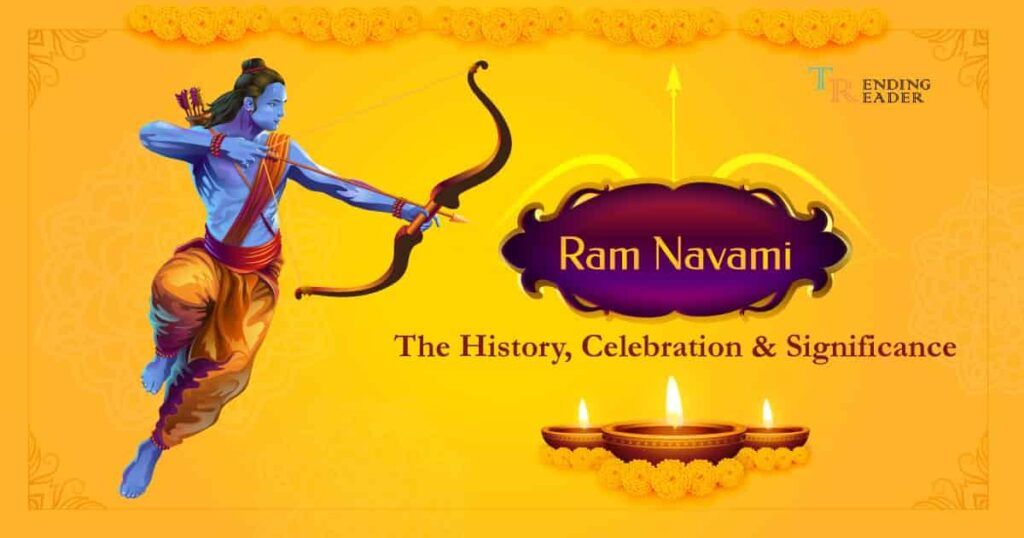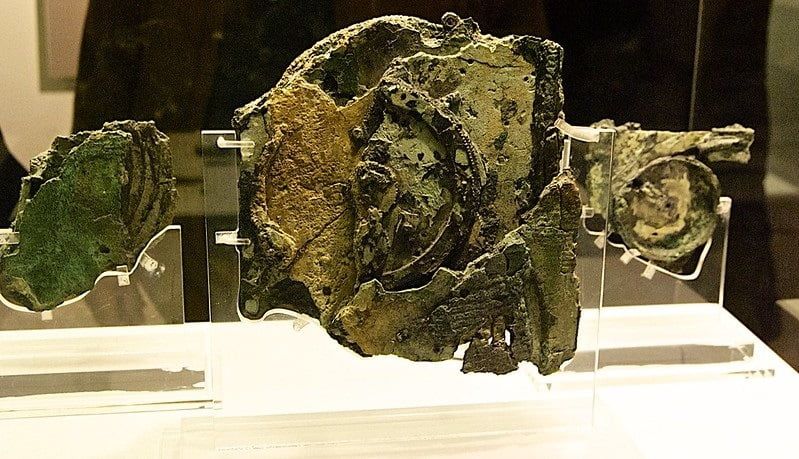The Hindu celebration of Ram Navami is well-known. This festival is held to commemorate the birth of Lord Vishnu’s avatar, Maryada Purshottam Ram. The nine-day Chaitra-Navratri celebrations come to a close on this day, also known as Sri Ram Navami. The Hindu population in other areas of the world, as well as those in India, holds the Ram Navami celebration with high respect. The celebration is marked by a great deal of enthusiasm and excitement. On this day, many devotees also fast. All worshipers who fast on this day are said to be bestowed with infinite prosperity and peace by Lord Ram. If you want to learn more about the origin and history of Ram Navami, keep reading.
Origin And History Of Ram Navami
According to the epic Ramayana, there was once upon a time a King named Dasarath, who was then the King of Ayodhya, and who had three wives: Kaushalya, Sumithra, and Kaikeyi. Dasarath’s inability to have children, despite his marriages, has been a source of concern for him. Even the inhabitants of Ayodhya were discouraged since their kingdom had no successor. At this point, Rishi Vasistha advises Dasarath to do the Puthra Kameshti Yagna in order to get the child he desires.
Soon after, King Dasharath decided to execute the Yagya and went to Maharshi Rushya Shrunga’s ashram to collect him. Maharshi accepted and traveled with Dasharath to Ayodhya to execute the Puthra Kameshti Yagna solemnly. Yagneshwar appears as a consequence of the yagna and presents Dasarath with a bowl of kheer, instructing him to feed it to his three wives. Dasarath followed suit. He handed half of the kheer to Kausalya, his older wife, and the other half to Kaikeyi, his younger wife. Sumithra received one-half of each of these two’s kheer.
Dasaratha’s kid was conceived after a few days by all three Queens. Kausalya gave birth to Lord Sri Ram at noon on the ninth day (Navami) of Chaitra Masa (the first month in the Hindu calendar), Sumithra gave birth to twins, Lakshman and Shatrughan, and Kaikeyi gave birth to Bharath. In Ayodhya, it was a day of exuberant festivities. Devotees have been celebrating this day as an auspicious event since then.
Also Read – 11 Chiranjivis – The Immortals In Hindu Mythology
Ram Navami Celebration
The Ram Navami celebration commemorates the birth of Lord Ram, who is Lord Vishnu’s seventh incarnation. On the final (ninth) day of Chaitra month, the event is held.
Fasting, reciting the name of Lord Ram, listening to or reading the words of the Ramayana, and visiting temples are all ways to commemorate the day. It always falls between the months of March and April. This year, on Sunday, April 10, 2022, it will be commemorated.
The Significance Of Ram Navami
The day marks not only Lord Ram’s arrival on Earth, but also provides an opportunity to reflect on and study Lord Ram’s attributes, which are regarded as the ideal of perfection. Despite the many difficulties he experienced, he followed Dharma throughout his life. Because Lord Ram is the ultimate truth, giving prayers entails making an offering to the absolute you. Thus, the Ram Navami festival is about obtaining heavenly favors in order to effortlessly internalize His wonderful characteristics.
Also Read – The Most Interesting Facts about Ravana Which You Might Not Know
Why Worship Lord Ram On Ram Navami?
- Worshiping Lord Ram and commemorating Ram Navami will bring you the blessings of purity and bravery.
- It would offer defense against unknown forces and harmful energy.
- It will energize and enhance your aim, assisting you in achieving accomplishment as well as notoriety and renown.
- Because Lord Ram is worshiped with Laxman, Sita, and Hanuman, it would bring benefits of family unity and love.
- Worshiping Lord Ram would also erase Pitra Dosha and Guru Dosha, according to astrology.
- Because Lord Ram is the ruler of the Manipura Chakra, it aids in the enhancement of its energies, which correlate to attributes like confidence, wisdom, clarity, and the capacity to make sound judgments.
Also Read – Land Of Ram Temple In Ayodhya Continues In To Be In Controversies
Conclusion
Finally, Ram means ‘bliss,’ which refers to the joy that Lord Ram bestows on those who remember and revere him. Lord Sri Ram is claimed to have come to earth to restore humanity’s lost splendor, eliminate evil, and defend the innocent. With the clear origin and history of Ram Navami, let us also study more about history and mankind, implement what we’ve learned in real life, and attempt to follow Ram’s example.
For more related information, visit Discover – Trending Reader












